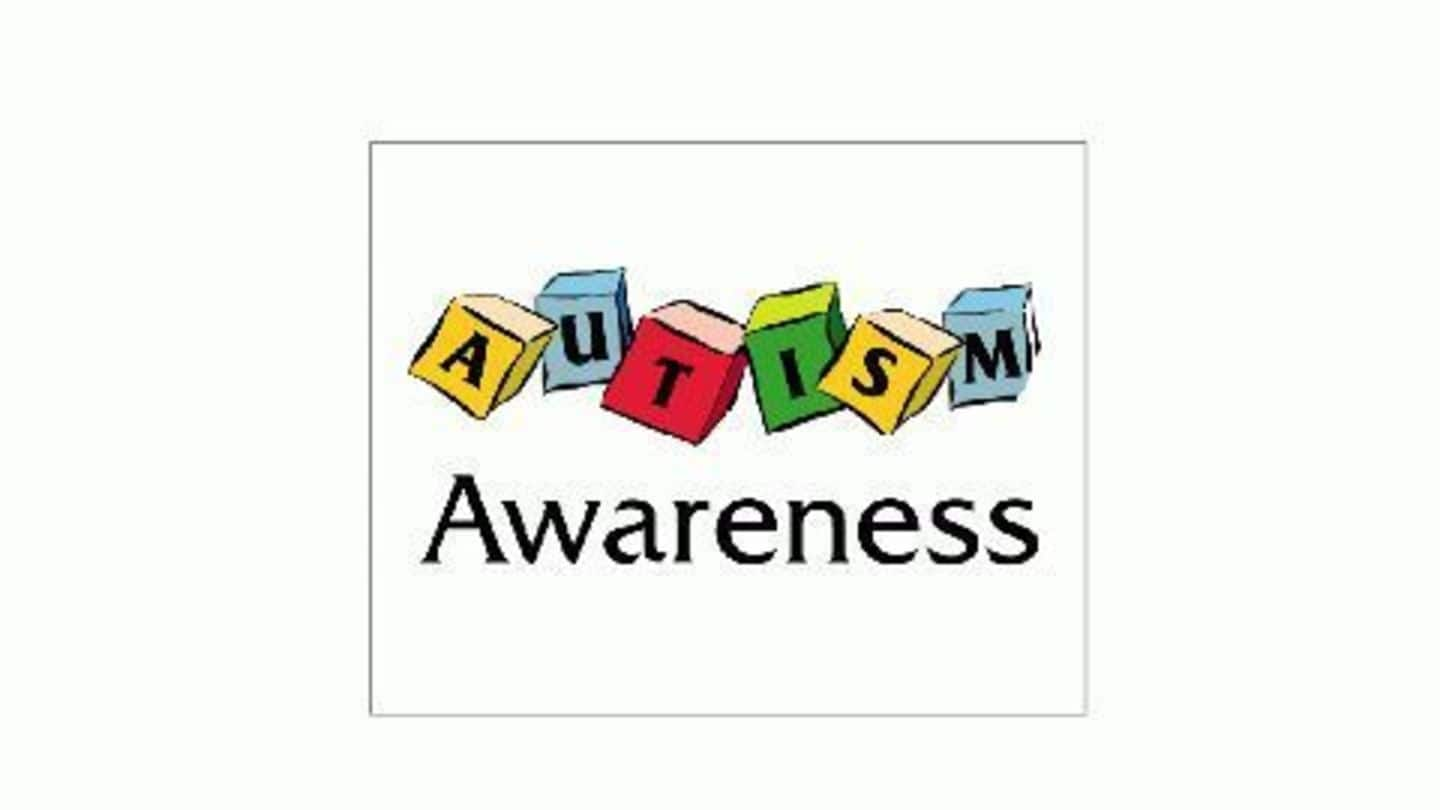
Autism Awareness Day: UN calls for inclusive societies
What's the story
To mark World Autism Awareness Day, the United Nations called for inclusive societies to integrate people affected by autism. UN Secretary-General Ban Ki-moon said that autistic people are misunderstood and that shunning them is a "waste of human potential" and a "violation of human rights". According to the UN, 1 in 68 people or roughly 1% of the world's population suffer from autism.
Origins
The origins of World Autism Awareness Day
World Autism Awareness Day, celebrated on 2nd April annually, is an internationally recognised day urging member states of the United Nations to raise awareness about children affected by autism across the world. It was adopted in December, 2007, after the UN General Assembly passed a resolution on the same - "62/139. World Autism Day". It's part of the UN initiative to improve human rights.
Autism
What is autism?
According to the Autism Society of America (ASA), autism is defined is defined as a complex developmental disability. It is typically a result of neurological disorders affecting normal functioning of the brain. Autism is tough to diagnose till a child is about 18 months old, following which symptoms can be identified. Autism is a spectrum disorder - no two affected people are alike.
Symptoms
What are the symptoms of autism?
Autism primarily affects three developmental areas in children - verbal and non-verbal communication, social interaction and understanding, and flexibility of thought and behaviour. General symptoms include difficulty in social interaction, lack of imagination, repititive behaviour patterns like hand flapping, difficulty in making friends, unusual way of playing with toys, hypersensitivity to noise, difficulty in sensory processing, self-harming behaviour like self-biting etc.
Treatment
Ways of treating autism
Each child affected by autism displays his/her own unique version of autism and intervention thus has to be tailored to specific needs. Intervention might include behavioural treatments, medicinal treatments or both. The best time to start autism treatment is between the ages of one to two years as 80-90% of the brain is developed during the first 36 months of a person's life.
Challenges
Challenges autistic people face in society
Societal acceptance for autistic children is a major challenge as they are often treated as outcasts, and parents of healthy children do not allow their children to mingle with autistic ones. Another major challenge is the mismatch of expectations between parents and therapists - not all children improve at the same speed. Changing social perception thus becomes crucial to giving autistic children equal opportunity.